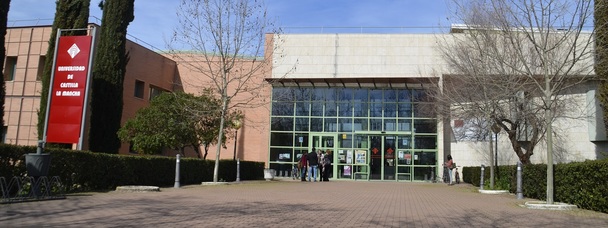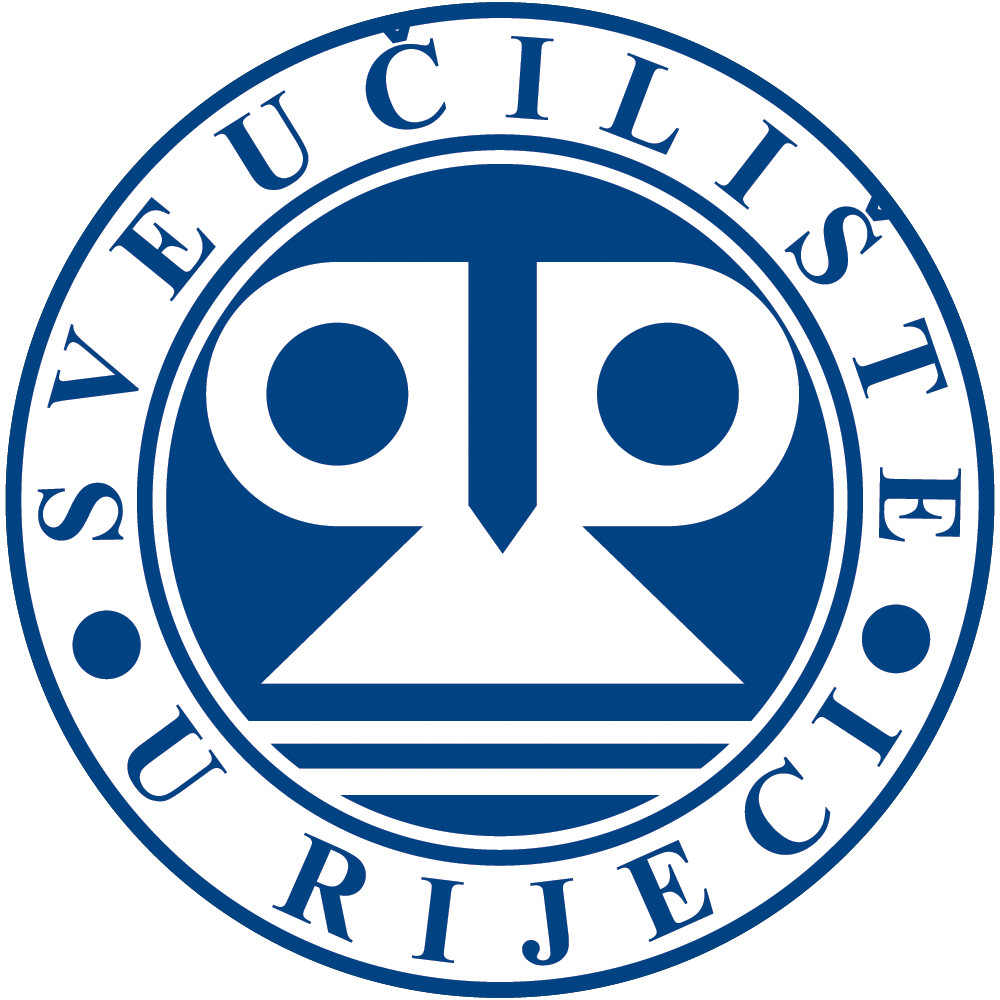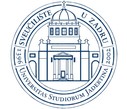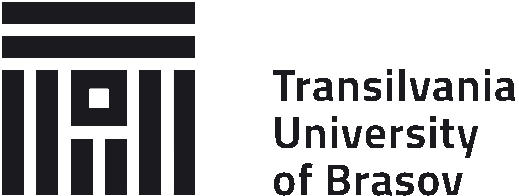University of Castilla-La Mancha
print
The University of Castilla-La Mancha (UCLM) is a young university, with a high teaching and research potential. It has its main campuses located in four cities: Albacete, Ciudad Real, Cuenca and Toledo, as well as university premises in Talavera de la Reina and Almadén. It is a modern, competitive institution which hosts 25.586 students, 2.383 lecturers and researchers and 1.087 administration and services staff members. This implies having a great human capital at the institution, making it a smart option for those who wish to improve their lifelong learning and, also, for international students who chase their academic, vital or language enrichment. UCLM integrates 36 academic departments offering 45 degree programs, having two peculiar features: a) it is multi- disciplinary, undertaking work in practically all branches of knowledge; and b) its activities are very wide-ranging, embracing the spectrum from basic research to technological development. Moreover, UCLM possesses an important attractiveness for industry, since it is able to find opportunities to optimise their R&D options in our wide research catalogue. Promoting collaborations between industry and academia and favouring the dissemination of technological advances are part of our University's missions, demonstrating the strong commitment that UCLM has with the productive sectors of the region. The Knowledge and Technology Transfer Office is the structure within the University that strongly collaborates in this task.
Currently, a total of 17 R&D contracts were managed under the 6th Framework Program (FP6), 37 approved projects under FP7 and CIP, as well as 27 granted projects under H2020 and COSME. UCLM also has a wide experience of participation in MSCA Grants, since it hosted several projects under FP6 and FP7, including two RTN networks in FP6 and three ITN networks in FP7, as well as two IEFs and two Reintegration Grants (among others schemes). Within H2020, one ITN is running and one IF-GF is approved. All these projects are managed through the European an International R&D Projects Office (http://blog.uclm.es/ope/) which was officially established in 2008 and has an extensive experience. UCLM is also a non-discriminatory public organization. Providing transparent recruitment, it ensures appropriate working conditions (following national legislations on health-and- safety, labor ethics, etc.) and provides fair and attractive remuneration package. Moreover, UCLM has an Equality Unit that oversees all its activities.
The School of Computer Science and Engineering belongs to the UCLM and it is located in the campus of Albacete. It currently has 546 students, including Degree, Master and Doctorate programs and 65 lecturers. The School was founded in 1985 and, in the 2005/2006 academic year, it was adapted to the European Higher Education Area (EHEA) with the implementation of an academic calendar in line with the rest of Europe, and the implementation of teaching projects based on ECTS credits and new teaching-learning methodologies. All this experience of more than 25 years has been very beneficial for the implementation of the bilingual Degree in Computer Science, which started in the 2013/2014 academic year. Since then, several Teaching Innovation Projects aimed at improving bilingual teaching in higher education settings have been carried out.
The University of Castilla-La Mancha (UCLM) is concerned with the importance of implementing bilingual programs in higher education. Concretely, the School of Computer Science and Engineering is one of the first institutions within the UCLM that started up a bilingual degree in our university. To this end, we have organized several workshops and seminars, taught by invited experts, to help the teachers involved in the bilingual degree in Computer Science. Currently, there are 27 teachers corresponding to the 24 subjects offered in English language. We have performed three Teaching Innovation Projects (TIP) in the last years related with the topics of the LanGuide project. We are currently involved in the implementation of the Cambridge Certificate in EMI (English as a Medium of Instruction) Skills in our School as one of the results of these TIPs.
María Dolores Lozano (PhD) is Associate Professor at the School of Computer Science and Engineering (Department of Computing Systems) of the University of Castilla-La Mancha in Albacete since 2003. She received her M.Sc. and PhD degrees in Computer Science from the Technical University of Valencia, Spain. She co-leads the Interactive Systems Engineering Research Group (www.iseresearch.com) of the Albacete Research Institute of Informatics (www.i3a.uclm.es). Her teaching and research areas involve Software Engineering and Human Computer Interaction. She has authored more than 100 papers in journals, book chapters and international conferences. She has been guest editor of several special issues in journals indexed in the Journal Citation Report. She has co-chaired several technical conference programs in the field of human-computer interaction and served as program committee chair in national and international conferences. Her research interests include interactive systems development, distributed and tangible user interfaces, Computer-Supported Cooperative Work (CSCW) and ubiquitous computing. At present, she coordinates the bilingual modality of the Degree in Computer Science since 2013. She has previous experience in topics related to the project LanGuide, as she has served as main coordinator of three Teaching Innovation Projects about the improvement of learning and teaching methods in bilingual subjects of the degree in Computer Science.
Enrique Arias (PhD) is Associate Professor at the School of Computer Science and Engineering (Department of Computing Systems) of the University of Castilla-La Mancha (UCLM) in Albacete since 1999. He received his PhD in 2003 at the Technical University of Valencia. He has published more than 25 JCR journals related to parallel processing and its application to different areas of science and engineering, as well as many papers in international and national conferences. He has participated in more than 12 international and European projects, as well as in national, regional and enterprise projects. Enrique also coordinates the project Smart Education for a Smart Society, where 7 High Schools from the city of Albacete participates in a new way to teach these studies. This project has been funded by IBM by means of the IBM Country Project. He has been teaching in the bilingual modality of the Degree in Computer Science in Parallel Computing and Operating Systems, but also, he has taught numerous workshops in international forums. He has been coordinator of Master's Degree and currently he is vicedean of the Computing Systems Dept. He has also published 9 contributions in international educational conferences and Journals.
Pablo Bermejo (PhD) is Associate Professor at the School of Computer Science and Engineering (Department of Computing Systems) of the University of Castilla-La Mancha (UCLM) in Albacete since 2011. He received his PhD in 2010 in the Advanced Informatic Systems Program at UCLM. He has published 10 JCR journals related to machine learning and medical informatics, as well as many papers in international conferences. He has been teaching in the bilingual modality of the Degree in Computer Science since 2014 and has been sub-coordinator of two Teaching Innovation Projects related to the bilingual modality, and coordinator of the Software Engineering intensification in the Computer Science degree for 3 years. He has also published contributions in international educational conferences such as EDULEARN and INTED.

Enrique Arias Antúnez Associate Professor Enrique.Arias@uclm.es Pablo Bermejo López Associate Professor Pablo.Bermejo@uclm.es María Dolores Lozano Pérez Associate Professor Maria.Lozano@uclm.es







